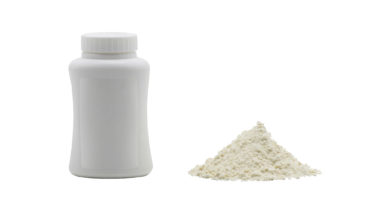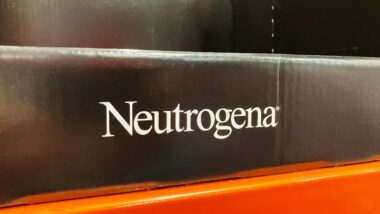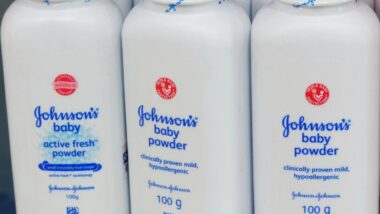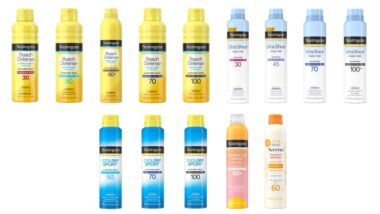Top Class Actions’s website and social media posts use affiliate links. If you make a purchase using such links, we may receive a commission, but it will not result in any additional charges to you. Please review our Affiliate Link Disclosure for more information.
According to an announcement made by the Defense Health Agency in mid-April, military beneficiaries are encouraged to cease taking Zantac due to concerns that the drug may be contaminated with NDMA, a probable human carcinogen.
Military Urges Patients to Stop Taking Zantac
The Defense Health Agency has recommended that patients who currently take Zantac for the treatment of heartburn, ulcers, or gastroesophageal reflux disease speak to their physician about switching to a different antacid medication. Although the Defense Health Agency participates in a drug take-back program under normal conditions, due to the COVID-19 pandemic the agency has recommended that patients who have the drug in their possession dispose of it themselves over concerns about Zantac contamination.
Consumers are recommended to dispose of these drugs by mixing the medications with unappealing substances such as coffee grounds in order to discourage consumption, and removing all personal identification from pill bottles before throwing them away. However, patients who rely on Zantac to control their conditions may want to speak to their doctor before discontinuing their use of the drug.
The agency’s recommendation to cease consumption of Zantac echoes an announcement from the U.S. Food and Drug Administration made on April 1 requesting that manufacturers of Zantac or generic ranitidine recall these products from the market until the source of the contamination can be found and controlled.
According to the FDA’s most recent announcement regarding Zantac, the NDMA contamination in the drug may increase over time. Additionally, the temperature at which the drugs are stored may affect how much the NDMA contamination increases. While it was first thought that NDMA had gotten into Zantac at some point during the manufacturing process, it is now believed that NDMA may be formed as a by-product when the medication breaks down. When Zantac is improperly stored at higher than room temperature, the level of NDMA may rise quickly over time, leading to high levels of the potential carcinogen. Due to the concern that some Zantac products may have been on the shelves for an unknown amount of time or have been stored improperly, the FDA has recommended that all ranitidine products be removed from the market until further notice.
 About the Zantac Carcinogen Contamination
About the Zantac Carcinogen Contamination
The Zantac carcinogen contamination was first reported in the fall of 2019 after the FDA was informed of independent laboratory testing on the drug that indicated the presence of NDMA. After conducting its own tests on the product, the FDA released an announcement in September 2019, informing consumers of the contamination and potential risks of consuming NDMA. At this point, several store brands of ranitidine pulled their products from the shelves.
Approximately 15 million prescriptions are written for Zantac and ranitidine every year, meaning that millions of Americans may be at risk of NDMA exposure.
What Is NDMA?
NDMA, or n-nitrosodimethylamine, is a contaminant that is often found in tobacco smoke, grilled or cured meats, fish, cheese, beer, and some household goods and cosmetic products. It may also be produced as a by-product in industries including rubber and tire manufacturing plants, tanneries, and pesticide plants.
People often come into contact with NDMA by ingesting the substance through contaminated food or water. According to the Environmental Protection Agency, lab tests involving rodents and other animal exposure to NDMA resulted in the growth of tumors and other negative health consequences. Due to these tests, it is believed that exposure to high amounts of NDMA may result in serious consequences for humans, including the development of tumors and cancer. When NDMA is filtered out of the body through the liver, it may also lead to liver damage. Exposure to NDMA may result in additional side effects including nausea, vomiting, fever, headache, and jaundice.
It is unknown how long the Zantac carcinogen contamination has been present in the drug. Some estimates indicate that NDMA may have been present in Zantac and generic ranitidine tablets for years or even decades before the contamination was discovered.
If you have taken Zantac or a generic brand of ranitidine, and have suffered from negative health consequences including cancer, you may be eligible to hire an experienced attorney to review your case and determine whether you qualify to pursue a class action lawsuit. Victims who pursue litigation against the drug manufacturer may be able to recover compensation for injuries, pain and suffering, and medical expenses.
Join a Free Zantac Cancer Lawsuit Investigation
If you or a loved one was diagnosed with stomach cancer or bladder cancer after taking Zantac or another ranitidine medication, you may qualify to join this Zantac cancer lawsuit investigation. Learn more by filling out the form on this page for a free case evaluation by a Zantac cancer injury lawyer.
ATTORNEY ADVERTISING
Top Class Actions is a Proud Member of the American Bar Association
LEGAL INFORMATION IS NOT LEGAL ADVICE
Top Class Actions Legal Statement
©2008 – 2024 Top Class Actions® LLC
Various Trademarks held by their respective owners
This website is not intended for viewing or usage by European Union citizens.
Get Help – It’s Free
Join a Free Zantac Cancer Lawsuit Investigation
If you qualify, an attorney will contact you to discuss the details of your potential case at no charge to you.
PLEASE NOTE: If you want to participate in this investigation, it is imperative that you reply to the law firm if they call or email you. Failing to do so may result in you not getting signed up as a client or getting you dropped as a client.
E-mail any problems with this form to:
Questions@TopClassActions.com.


 About the Zantac Carcinogen Contamination
About the Zantac Carcinogen Contamination










